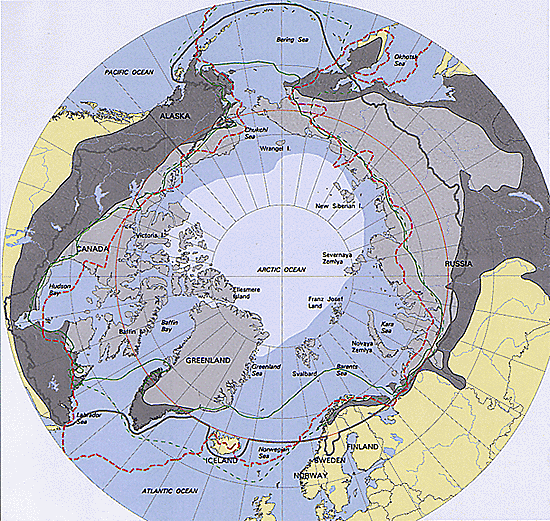 For nearly 40 years, American presidents have expressed their intention to fulfill the U.S. obligation under the 1968 nuclear Nonproliferation Treaty (NPT) to pursue “effective measures relating to cessation of the nuclear arms race at an early date and to nuclear disarmament.”
For nearly 40 years, American presidents have expressed their intention to fulfill the U.S. obligation under the 1968 nuclear Nonproliferation Treaty (NPT) to pursue “effective measures relating to cessation of the nuclear arms race at an early date and to nuclear disarmament.”Still, few presidents have taken that goal seriously, and those who did missed historic opportunities to move closer toward a nuclear weapons-free world. Beginning with the next U.S. president, that can and must change, or else the global effort to reduce the risk of nuclear war, curb proliferation, and prevent catastrophic terrorism will falter. More >>>

















